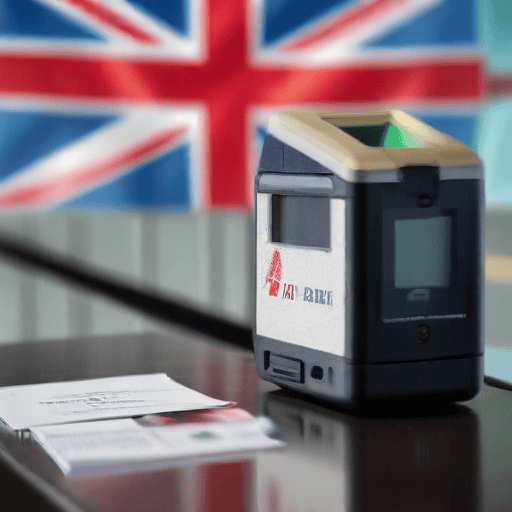Officers from the Fiji Revenue and Customs Services (FRCS) and various border agencies have been equipped with advanced drug detection technology to enhance their capabilities in identifying illegal substances at Fiji’s borders. This initiative is the result of a collaboration between the Japanese government and the United Nations Development Programme, which provided First Defenders and TruNarc devices to the border officials.
These new tools will enable authorities to scan and analyze narcotics, hazardous chemicals, and other materials in real time, significantly reducing the wait time for drug categorization results, which previously took days or even weeks. The Japanese Ambassador to Fiji, Rokuichiro Michii, emphasized Japan’s commitment to supporting Fiji’s border security efforts. He highlighted the importance of these enhancements, not only for drug detection but also in relation to Fiji’s extensive maritime zones and associated security concerns.
Minister for Home Affairs and Immigration, Pio Tikoduadua, made reference to a recent international drug bust in Spain where packages were marked with ‘Fiji’. This incident underscores the need for increased vigilance against drug trafficking. He warned potential traffickers, stating, “Do not bring drugs to Fiji because we will catch you,” showcasing the strengthened detection capabilities that these new tools provide.
This investment in technology represents a significant step forward for Fiji in combating drug trafficking and ensuring the safety of its borders. The collaboration between Japan and Fiji also reflects a growing international partnership in addressing the challenges posed by drug smuggling and enhancing national security.
In summary, the introduction of cutting-edge drug detection equipment marks a proactive move by Fiji to bolster its border security and combat drug trafficking. The ongoing support from international partners, especially Japan, is positioning Fiji to better manage and secure its borders against the threats posed by illegal substances. This collaborative effort is a hopeful sign of an increasingly unified front against drug-related crime in the region.

Leave a comment